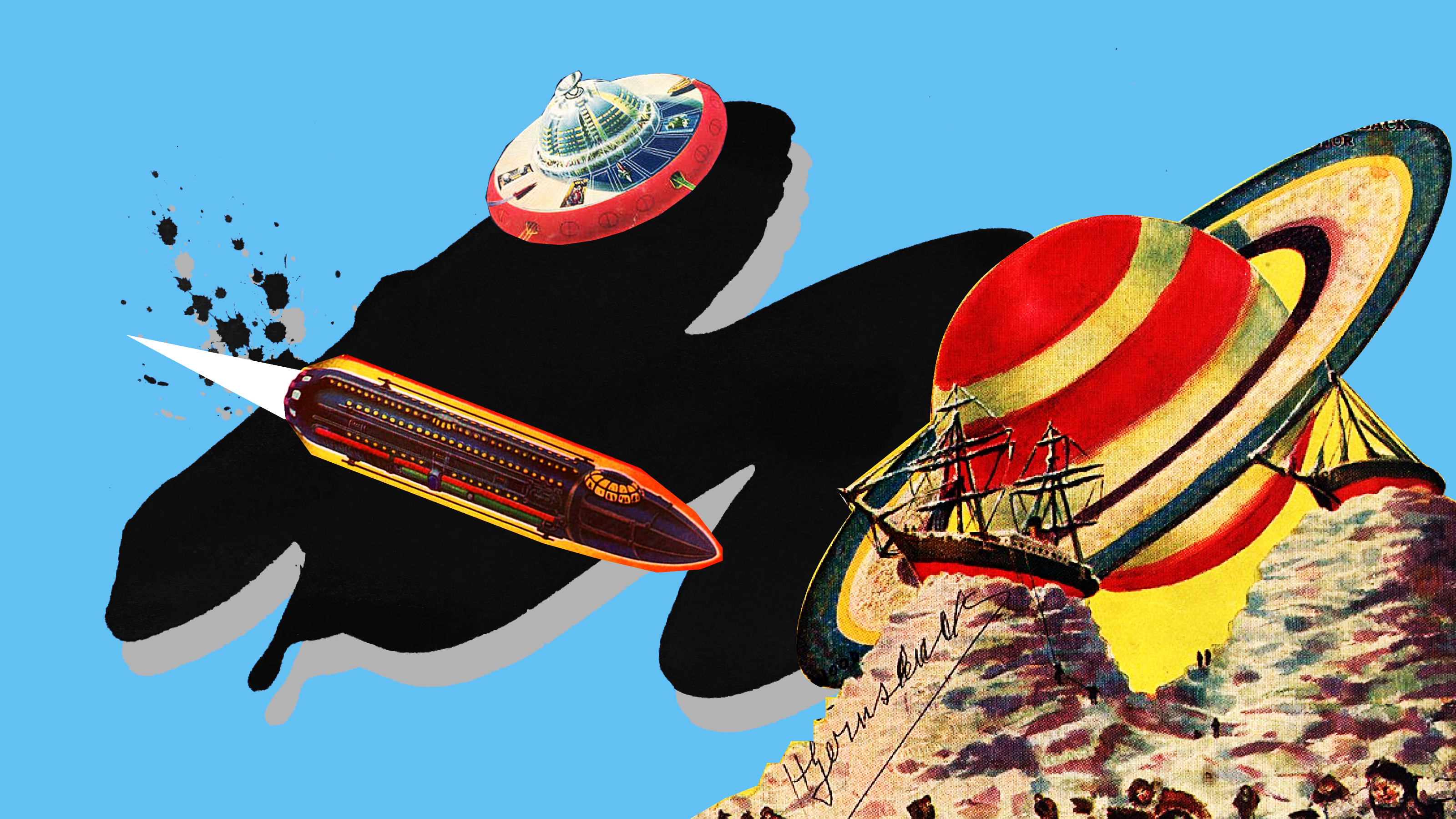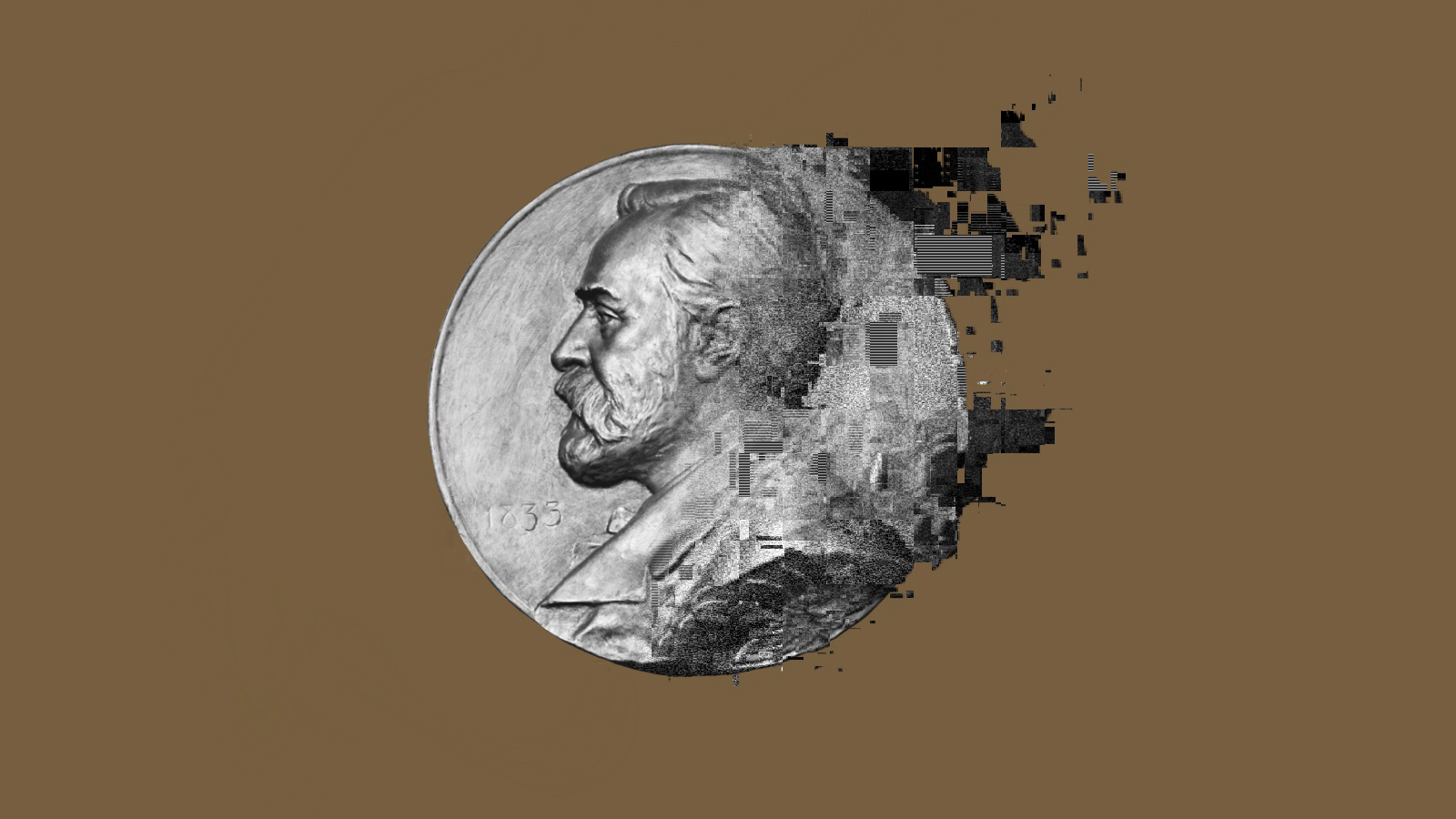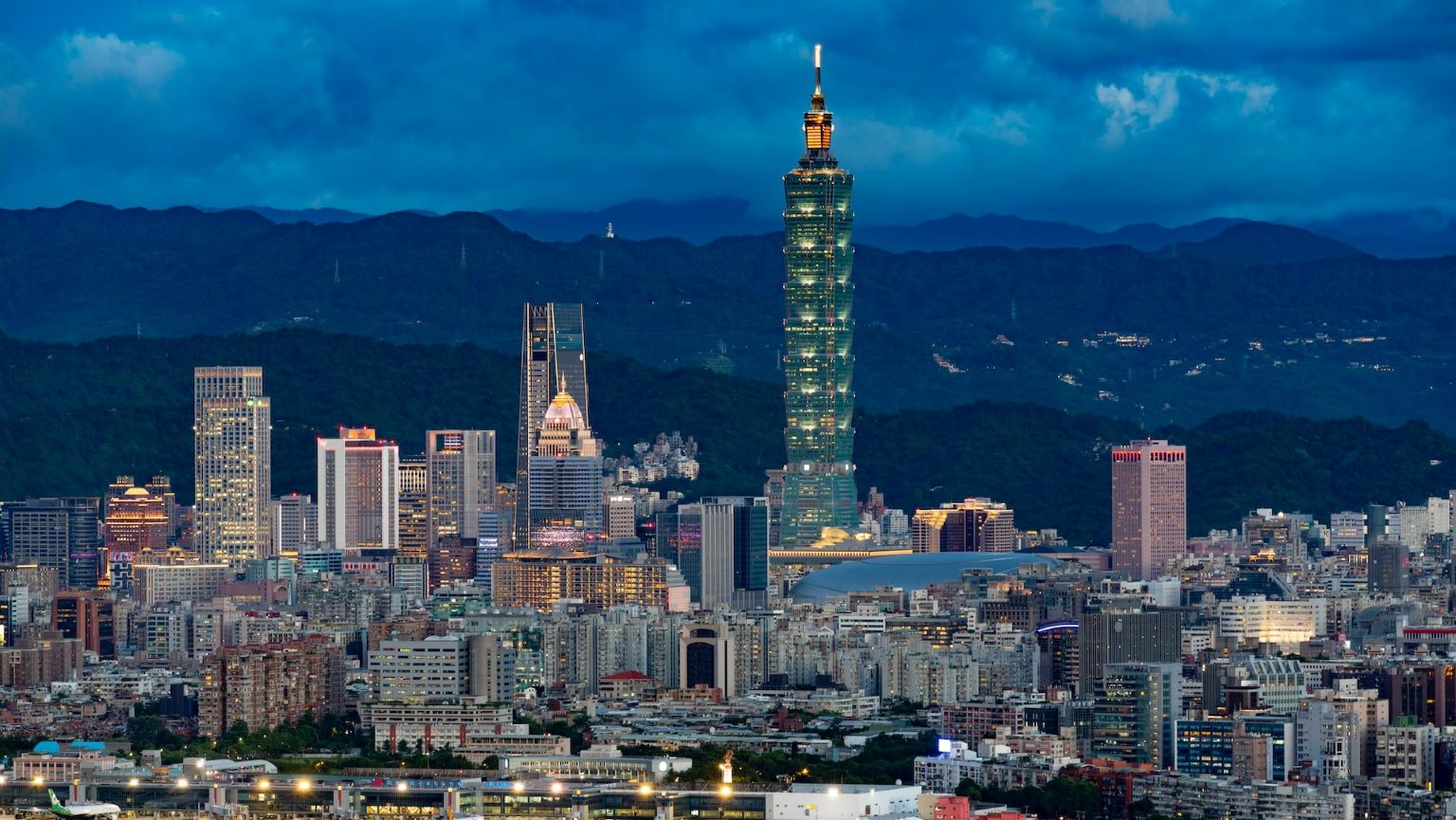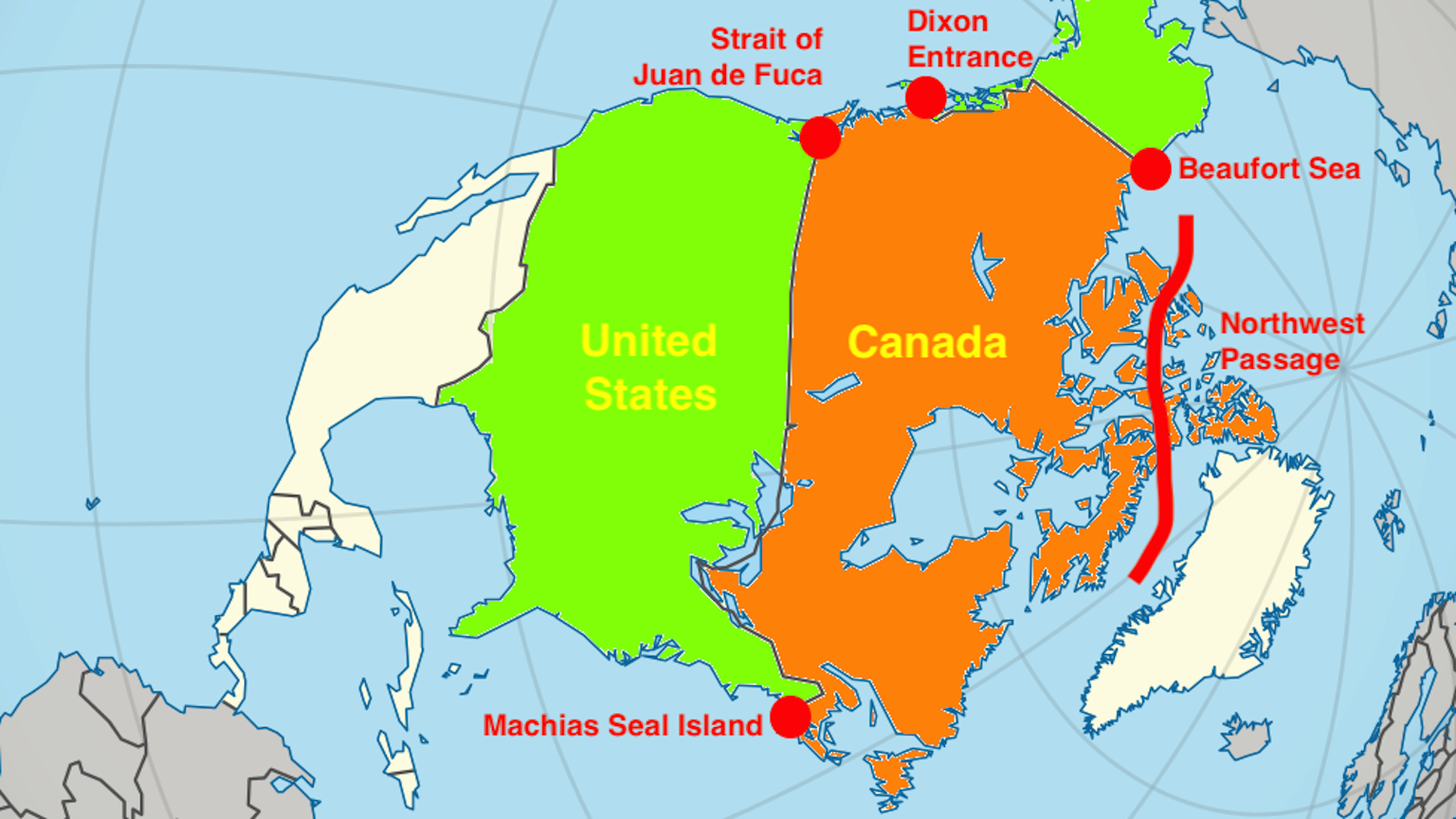Britain’s Shameful Human Rights Record

UK FOREIGN SECRETARY, WILLIAM HAGUE’S pledge to strengthen the role of human rights in British Foreign policy and set up an independent advisory body to do just that, has done little to lift the spirits of one group of people whose human rights have been serially abused by successive governments for over forty years. The Chagossians of Diego Garcia and the other islands of the Chagos Archipelago, better known as British Indian Ocean Territory, have spent most of those years attempting to get back to their homeland from where they were so unceremoniously booted off by Harold Wilson’s Labour Government in 1968 to make way for a US airbase on Diego Garcia.
But as with Tantalus, each time it looks as though they may finally have won, there are always new obstacles placed in their path. Two years ago the Chagossians won a landmark victory in the High Court, which ruled that their expulsion had been “unlawful” and that they should be allowed to return. That court ruling was overturned by the Blair Government through an Order in Council from the Privy Council. The Privy Council is a remarkable autocratic hangover from another age, stuffed with appointees of the Government of the day. Essentially, High Court decisions may be overruled by the Queen on the advice of the Prime Minister – which is exactly what happened. Back then, the usually sensible Foreign Office Minister, Bill Rammell was obliged to trot out the reasons for continued Government obstruction; the expense involved ‘was too high’; ‘the islands were at risk from global sea level rises’, and, one suspects, hiding behind all of this the unmentionable slur, that the islanders might somehow be construed as a ‘security threat’ to the American airbase – even though re-settlement on the island of Diego Garcia itself wasn’t seen by the islanders as an option. Now, the Chagossians are taking their case to the European Court of Human Rights.
Subsequent to the Privy Council intervention, the then Foreign Secretary David Miliband rubbed salt in the islanders wounds by announcing that British Indian Ocean Territory was to become a “protected marine zone”, not only taking away any fishing rights the islanders might one day enjoy – but giving more rights to Molluscs than Chagossians. In truth Miliband, along with all of his predecessors – bar the late and lamented Robin Cook, who did try to right this historic wrong – have groveled before the US State Department, even as Diego Garcia was being used for extraordinary rendition, and the holding of terror suspects without trial, actions that are illegal on British territory.
When barely a hundred days ago, the then Shadow Foreign Secretary William Hague made this bold promise to the Chagossians; “I can assure you that if elected to serve as the next British Government, we will work to ensure a fair settlement of this longstanding dispute”, the islanders – many exiled in Mauritius and the UK – cheered to the rafters. Hague has since expounded on his theme, saying; “In our first 100 days we have brought the energy of a new government to bear on the promotion of human rights”.
In Opposition, the Liberal Democrat leader, Nick Clegg was even more outspoken in support of the human rights of the Chagossian islanders. His office went on record saying; “Nick and the Liberal Democrats believe the Government has a moral responsibility to allow these people to at last return home”. The islanders leader, Olivier Bancoult, wrote to Foreign Office Minister, Henry Bellingham, reminding him of his bosses words and politely inquiring when exactly his people might be allowed to go back home. Back came Bellingham’s reply at the end of last month; “The UK Government will continue to contest the case brought by the Chagos Islanders to the European Court of Human Rights. This is because we believe that the arguments against allowing resettlement on grounds of defence, security and feasibility are clear and compelling”.
So what exactly are these champions of human rights, Messrs Clegg and Hague proposing to do now? Being charitable, it is just possible that the promises made by the parties when they were in Opposition have not been transmitted to the Foreign Office. But given the record of successive politicians of saying one thing in Opposition and doing another in Government, this seems unlikely.
There are some 4,000 islanders, some who are too young to remember their homeland, yet still the majority wishes to go home. What possible security risk could emanate from these people, who are minded to re-start their lives in islands away from the main airbase on Diego Garcia? And even if they did wish to return to Diego Garcia, not only is there plenty of room (half of the island is still pristine, forested and contains some of their old settlements), but they could make for a ready pool of labour on an airbase that is unlikely to be vacated for the foreseeable future.
Here then surely, is the first real test for William Hague’s new Human Rights Advisory body.




